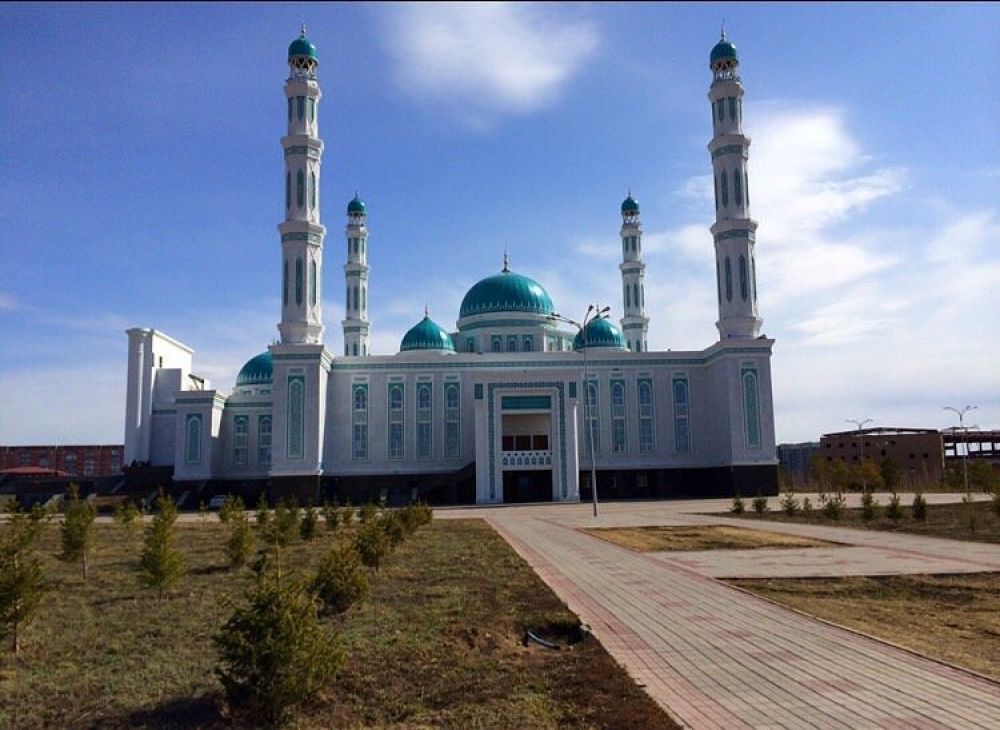

The Regional Central Mosque of Karaganda is not only a spiritual center for Muslims in the region but also a significant architectural landmark in Karaganda, Kazakhstan. While the history of Islam in Kazakhstan dates back to the 7th century, the development of dedicated Islamic structures has experienced various periods of growth and decline throughout centuries due to the socio-political changes in the region.
The Regional Central Mosque in Karaganda was opened in 2006 and is a relatively new addition to the religious and cultural landscape of Kazakhstan. The mosque was built to serve the growing Muslim community in the region, reflecting both traditional Islamic architecture and the modern resurgence of religious expression in Kazakhstan post-independence.
Since its opening, the mosque has become an important destination for both local worshippers and visitors. For tourists, it represents an opportunity to explore the cultural and religious tapestry of Kazakhstan. Its grandeur and modern interpretation of classic Islamic design make it a fascinating site for those interested in architecture and religious studies.
In recent years, there has been a trend towards incorporating more cultural and religious sites into travel itineraries, and the Regional Central Mosque is part of this wave. Travelers are increasingly seeking meaningful experiences and understanding of local customs and traditions. The mosque welcomes visitors, offering insights into Islamic practices in Kazakhstan and promoting a message of peace and unity.
Like many countries, Kazakhstan has faced challenges related to the global pandemic, which has impacted tourism significantly. As the world recovers and travel resumes, destinations like the Regional Central Mosque are likely to implement health and safety protocols to ensure the wellbeing of both visitors and the local congregation.
The Regional Central Mosque of Karaganda is more than just a place of worship; it is a beacon of cultural pride and a symbol of the flourishing Islamic heritage in Kazakhstan. As a destination, it provides enriching experiences for those eager to learn more about the cultural and spiritual life of Karaganda and serves as a bridge between different communities and cultures.